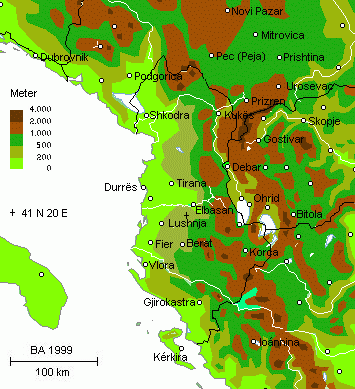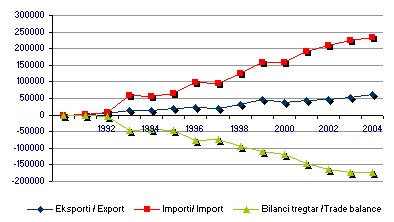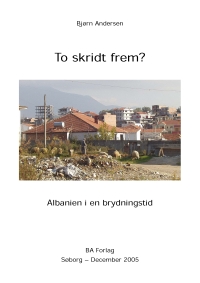Sidste Nyt fra Albanien, Kosóva og Makedonien
The Latest News from Albania, Kosóva and Macedonia
![]()
# 328 - 8' årgang - 15.12.2006
Version 1.0 •
PDF for printing •
Info om »Sidste Nyt« •
Tidligere numre
![]()
Udgiver:
Bjørn Andersen
Publisher:
Bjoern Andersen

PM Berisha har haft besøg af Jørgen Grunnet, der skal lede OSCE's/ODIHR's overvågning af lokalvalgene















